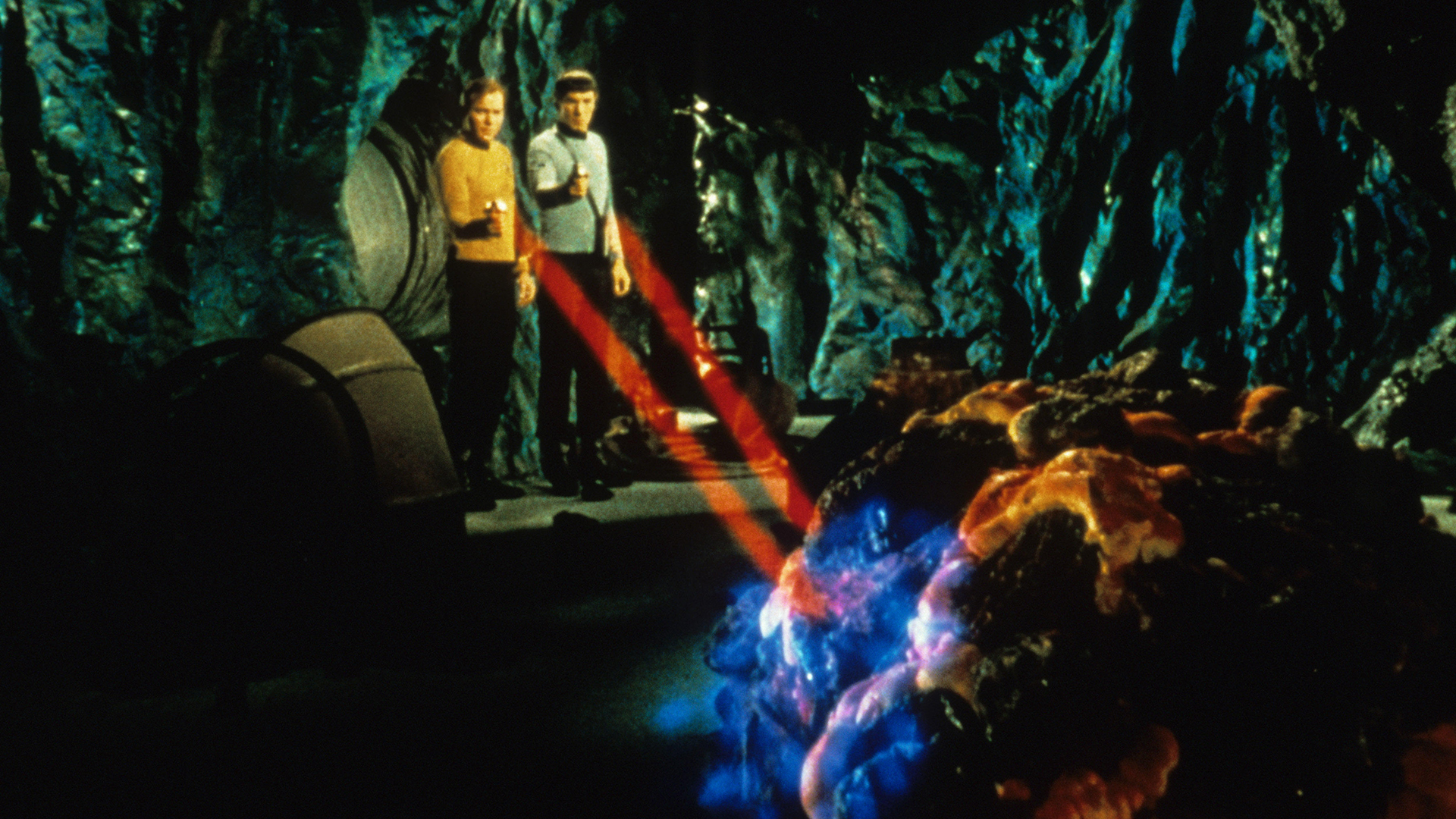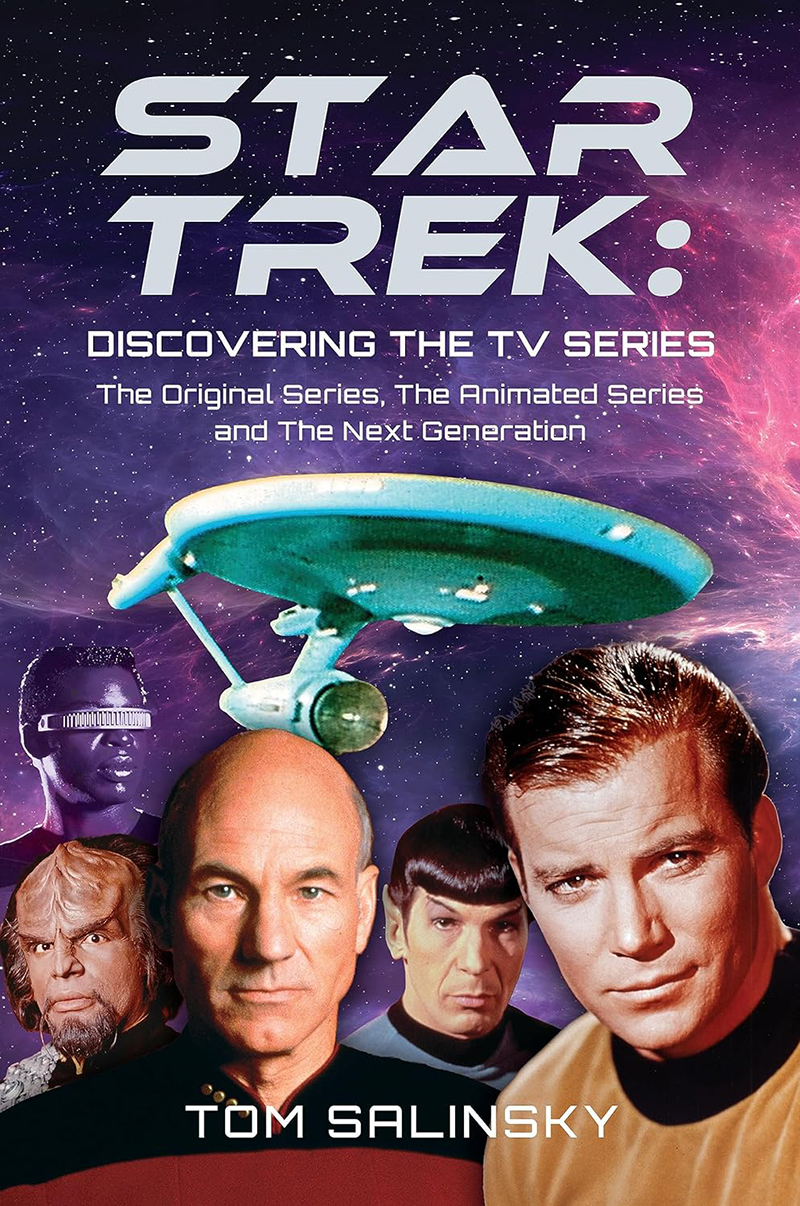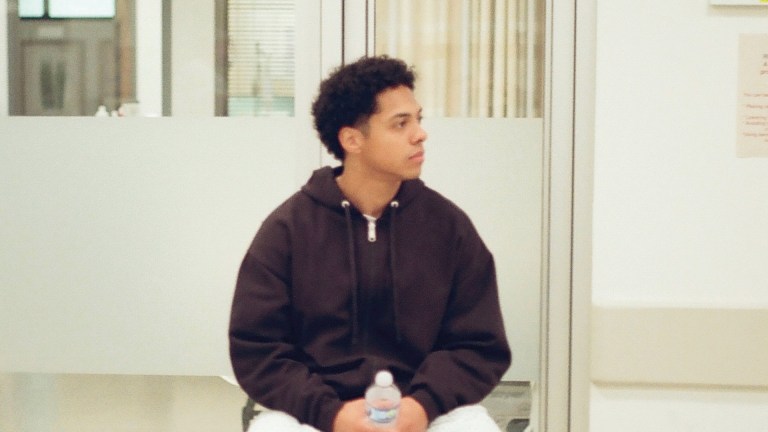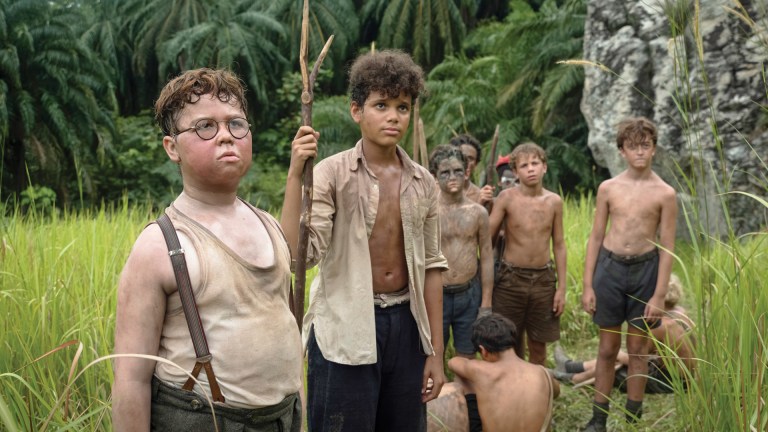Star Trek is back soon, with the fifth and final season of Discovery launching on Paramount+. There will plenty of people who will revel in its dark and gritty take on the franchise, light years away from the goofy coloured jerseys and computers which explode when you ask them a riddle, which we remember from the 60s show.
But as someone who recently rewatched everything from The Original Series (1966-1969) to Star Trek: Enterprise (2001-2005), the dark and gritty nature of Discovery makes it rather atypical of the Star Trek franchise, and it risks throwing away the very thing which made The Original Series so ground-breaking and beloved.
Get the latest news and insight into how the Big Issue magazine is made by signing up for the Inside Big Issue newsletter
Take The Devil in the Dark, from the first season of Star Trek. This begins with Kirk and the Enterprise being called in to deal with a terrifying monster which has already killed 50 miners – seemingly a pretty standard-issue hunt-the-creature story. So far, so Boy’s Own adventure. Only Spock’s scientific curiosity about an organism which might be the last of its kind stands between our heroes and their bloodlust. But midway through comes the revelation that the monster is a mother protecting her eggs. Before the episode is over, Kirk is threatening to kill any miner who raises a hand to the thing, and in the end, he brokers a peace between the alien and the humans. The story is resolved through compassion and understanding rather than superior firepower.
Look at what Star Trek was up against on US TV in the 1960s. If you wanted something other than cop shows and cowboy shows, your choice was the goofy Lost in Space, or the bleakness of The Twilight Zone. And the pattern continues through movies and TV shows of the 1970s and 1980s. If you want your science fiction exciting and fun, here’s Star Wars, where dozens of anonymous stormtroopers get slaughtered, but it’s all just larks. If you want your science fiction to play like serious drama, there’s 2001: A Space Odyssey, in which a psychotic computer murders four men without ever raising its chillingly level voice.
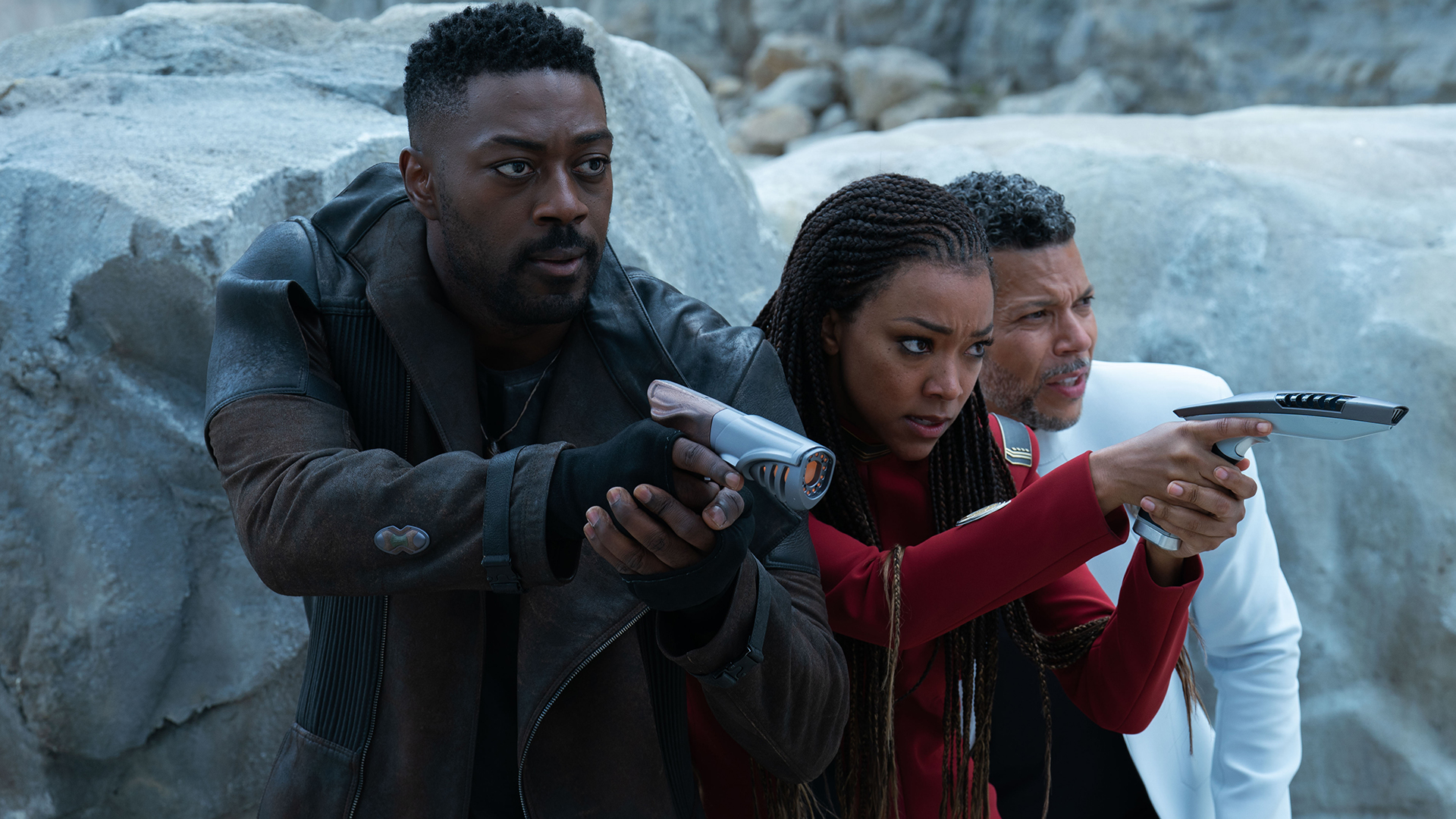
Star Trek lives in this middle ground, where we aren’t assuming a dystopian future where everything is awful, but nor are we just playing everything for laughs either. When the show relaunched in the late 1980s as Star Trek: The Next Generation, original creator Gene Roddenberry laid down firm rules, which continued to be respected by his successors. Chief among them: no conflict between our regular characters. They are the best of the best and won’t succumb to petty personal vendettas.
